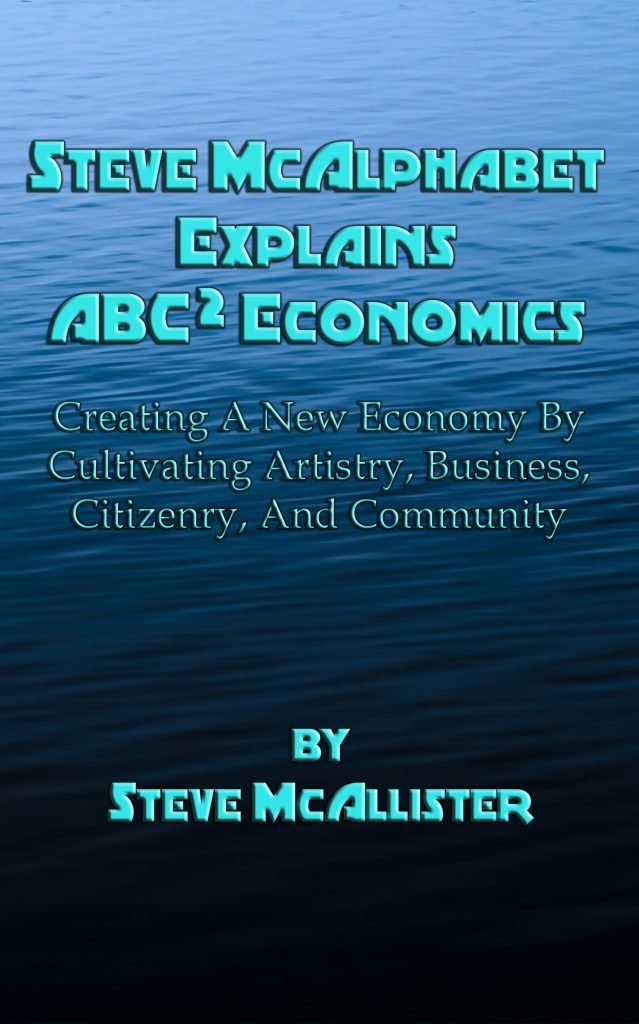“Every human has four endowments – self awareness, conscience, independent will, and creative imagination. These give us the ultimate human freedom… The power to choose, to respond, to change.”
– Stephen Covey
The four roles of leadership that Dr. Covey presented were linked to the four basic aspects of humanity, and what he referred to as the four goals of life. To love is the primary goal of our hearts, and as leaders, we direct the flow of our lives to what we love. To learn is the activity of our mind, and as leaders, we coach others based on what we know. To live is why we have a body, and as leaders, we support our community with good health and enjoyable activities. And to leave a legacy, our spirit goes on beyond us, and our leadership is delegated to future generations.
Yet these parts of ourselves are also reflective of the natural elements that comprise us.
For instance, while the heart represents our emotional body, it is also the muscle that ensures our physical body has a constant flow of blood, comprised largely of water. When water evaporates, it forms clouds in the air, and according to comic strips, that’s where our mind gets its best ideas. Obviously, our body is made of earth and will return to it. And our spirit is the fire that gives us the energy to live.
While this is largely metaphorical, it is a metaphor that has run throughout a number of traditions and helped to build our cultural understanding in a variety of ways.
As an example, let’s look at a common deck of playing cards. The four suits are said to represent the four pillars of the economy of the Middle Ages. The hearts represented the Church. The spades represented the Military. The clubs represented Agriculture. And the diamonds represented the Merchants.
While our current economic system differs greatly from that of the Middle Ages, the cards are still representative of the four human aspects. Hearts are pretty obvious. The spade digs for the truth the mind seeks. The club still works the earth. And diamonds radiate the splendor and mystery of spirit.
In the suits of the Tarot deck, there is similar symbology. The cups bear water. The swords of truth cut through the air and sharpen the mind. The pentacle, the coin, represents the wealth we’ve developed with our work and the health and material possessions we enjoy. And the wand represents the determination and strength of our spirit as we make our internal and external journey, providing fuel for our fire of passion to burn.
Obviously, there are other ways to interpret the symbolism, yet because culture is the art of our collective consciousness, the beauty and wonder of our paradigms is how they shift with different perspectives as well how they shift our perspectives. Were one to spend the time, the echoes of the idea that there are four distinct parts to our being could be traced through the four ventricles of our hearts and our four limbs, out into the four directions toward the four corners of the Earth, going well into the four seasons, understanding the four noble truths, to see the four faces of the Brahma, listening to the four gospels until the arrival of the four horsemen of the apocalypse throwing out four leaf clovers while preaching the four cardinal virtues.
I’m a former member of the 4-H Club (Sarasota County Ridin’ Rednecks chapter), and I was born on the 4th of August, so I’m sort of fascinated by it. Suffice it to say that even the 4-H Club follows this paradigm. Following the 4-H motto, “To Make The Best Better”, the 4-H pledge states, “I pledge my head to clearer thinking, my heart to greater loyalty, my hands to larger service, and my health to better living, for my club, my community, my country, and my world.”
Through all of the synchronicity we may find in these various cultural paradigms, the essence of ABC2 Economics is that it helps us align our hearts, minds, bodies, and spirits through the realization of our Artistry, Business, Citizenry, and Community, in celebration of the water, air, earth, and fire that allows us the opportunity to grow in harmony.
“In nature’s economy,” Vandana Shiva reminds us in Earth Democracy: Justice, Sustainability, and Peace, “the currency is not money, it is life.” E.F. Schumacher echoed that sentiment when he said, “There is incredible generosity in the potentialities of Nature. We only have to discover how to utilize them.”
In the early 20th century, American businesses started developing their business models with disposability in mind. The more products that were designed to be disposed of after use, the more opportunity there was to manufacture and sell more of those products. A century later, we are awash in disposable products, overwhelmed by garbage and pollution, and it seems that very few businesses produce products that last longer than a few uses.
We need a healthier version of materialism, one that actually appreciates material rather than only appreciating its disposability. As we’ve come to consider material as disposable, and lost touch with the elements of nature, viewing it as only a collection of resources to exploit, we have also often come to view humanity as disposable as well.
Ultimately, we not only need to develop practices that are not as environmentally destructive as the rampant consumerism we’ve been programmed to embrace, but to also learn from nature, which has been developing sustainably since long before our species even came into the picture and invented garbage. By fully realizing the value in all facets of creation, nature has never known of waste, has always sought equilibrium through diversity over domination, and throughout all of its various cycles and phases, continues to maintain balance through synergy. With as much as we think we know, we still have a lot to learn.
“In nature,” says Charles Eisenstein in Sacred Economics, “headlong growth and all out competition are features of immature ecosystems, followed by complex interdependence, symbiosis, cooperation, and the cycling of resources. The next stage of human economy will parallel what we are beginning to understand about nature. It will call forth the gifts of each of us; it will emphasize cooperation over competition; it will encourage circulation over hoarding; and it will be cyclical, not linear. Money may not disappear anytime soon, but it will serve a diminished role even as it takes on more of the properties of the gift. The economy will shrink, and our lives will grow.”

This is an excerpt from the book Steve McAlphabet Explains ABC Squared Economics. Go to https://stevemc.xyz/books/steve-mcalphabet-explains-abc-squared-economics/ to find out more.


